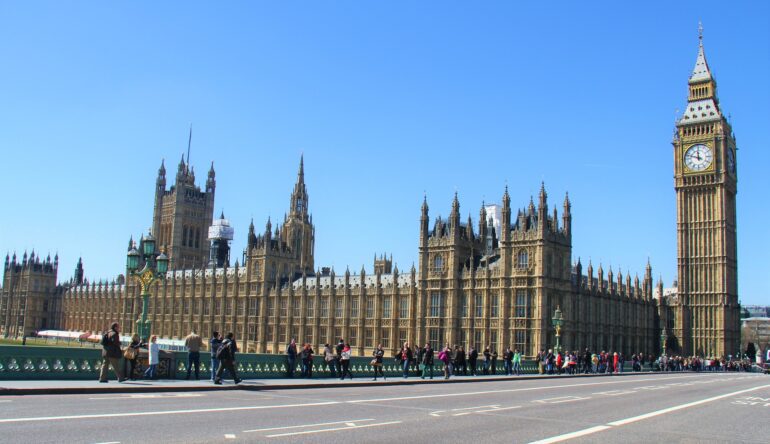TL;DR:
- UK MPs propose international alliance to combat AI misuse.
- Collaboration with democratic allies is recommended to safeguard against misuse.
- UK Prime Minister plans summit to establish AI guidelines and regulatory role.
- Concerns are raised about AI’s potential for deepfakes and weaponization.
- Discussions on including China in the global leader summit.
- Urgency emphasized drafting AI bill to keep pace with legislative efforts.
- The UK’s strategic move could shape the trajectory of AI governance on a global scale.
Main AI News:
In a compelling move, a consortium of influential Members of Parliament (MPs) from the United Kingdom is advocating for a cross-border alliance to confront the potential misuse of artificial intelligence (AI). This comes as London positions itself to be a pivotal force in propelling this burgeoning technology to new heights.
The Science, Innovation and Technology Committee (SITC), a consultative body to the government, has, on August 31, issued a pivotal recommendation within its comprehensive report. It underscores the imperative for the UK to align with fellow democratic nations that share mutual values. The aim of this strategic partnership is to collectively fortify against any entities, whether state-affiliated or otherwise, that harbor intentions of manipulating AI to suit their agendas.
Prime Minister Rishi Sunak has charted an ambitious course, intending to convene a high-profile summit in early November. The historic Bletchley Park, a World War Two code-breaking center, is slated to host this congregation of global and tech leaders. The envisioned outcome is the establishment of a robust framework for AI, allowing the UK to not only wield authoritative oversight but also to assume a central role as an industry epicenter.
The report shines a spotlight on the disturbing potential of AI-driven deepfakes to deceive the masses, while also highlighting the looming risk of malicious actors exploiting this technology to devise novel forms of biological and chemical weaponry. Furthermore, the House of Commons Culture, Media and Sport Committee has recently pressed the government to reconsider its proposition of granting unbridled access to AI developers for training their systems with pre-existing artistic and literary works. Another report, dated August 30, raises alarm bells about the unintended consequences of exempting AI-powered text and data mining from copyright protections, potentially devaluing the arts and culture and relegating them to mere commodities for AI advancement.
In government corridors, discourse is swirling regarding the potential inclusion of China in the anticipated November conclave. As sources familiar with the matter have divulged to Bloomberg, this gathering is poised to bring together the Group of Seven global leaders, as well as prominent industry figures.
The SITC report presses upon the government the urgency of drafting an AI bill for meticulous consideration during the upcoming parliamentary session scheduled for November 7. Failing to do so would risk the UK lagging behind other legislative endeavors, most notably the ongoing deliberations surrounding the European Union’s AI Act, as outlined in the report. As the global AI landscape continues to evolve, this parliamentary movement underscores the UK’s determination to shape the trajectory of AI usage and safeguards on a global stage.
Conclusion:
The UK’s proactive stance in advocating for a global alliance to address AI misuse demonstrates its commitment to shaping the responsible development and deployment of artificial intelligence. By fostering collaboration with democratic allies and convening a high-profile summit, the UK aims to establish itself as a pivotal player in guiding AI regulations and industry standards. This approach not only safeguards against potential misuse but also positions the UK as a central hub for the evolving AI landscape. As AI’s influence continues to grow, this strategic endeavor holds the potential to reshape the dynamics of the market, inspiring increased international cooperation and responsible innovation.

